I want to revisit the social, economic and political pyramid I discussed in my last post: Preserving the Pyramid- the Reason Things Are the Way They Are, sharing my evolving thoughts on the question: do alternatives exist?
While it seems overall human civilisations only really know the pyramid, if we think outside the square – could any other shapes work?
When I first considered this question I drew a number of shapes:
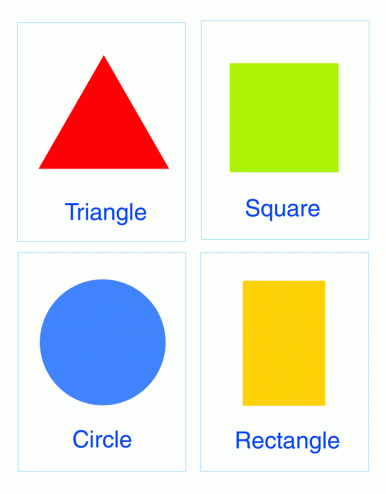
Could we operate in a circle, a flat line, a square, a rectangle, a diamond?
“How about a a flatter pyramid?” I asked my friend.
“That’s Communism,” he replied. “It tends to make everyone poor, and just a few mega rich.”
I nodded woefully. Over time I have looked to other sources of inspiration.
In animal kingdoms…

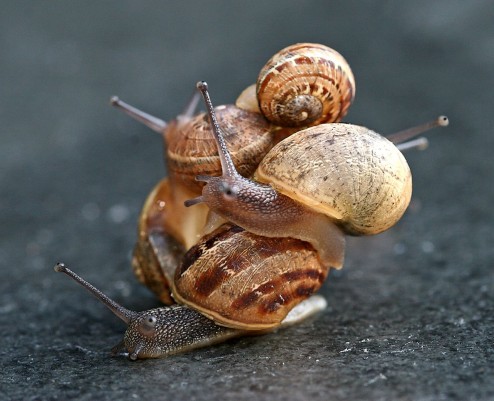
In nature…

In space…
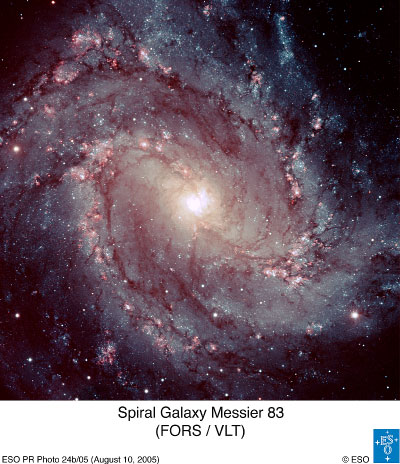
Inside ourselves…

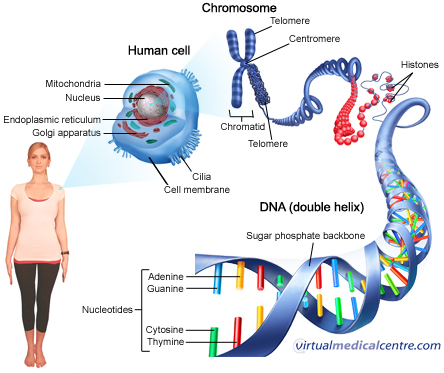
From our minds…
![]()





[1]
.
.
.
I think my favourites are 1. THE SPIRAL 2. THE WEB 3. THE HUMAN BODY
Spirals might have interesting usages but probably not in this context. It makes me think of the pyramid on steroids, kinda what we have now – with the rich getting richer and the poor poorer in a manner that is spiraling with no limits.
Webs on the other hand are an interesting idea. Could a political, economic and social structure be more like a web than a pyramid?
Does the World Wide Web already provide a platform for this? Maybe.
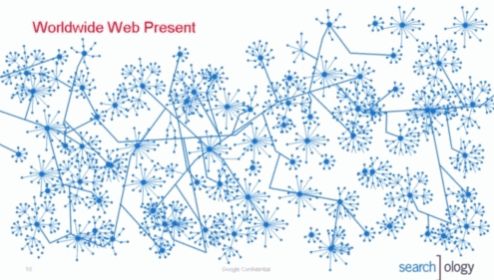
When it comes to the organismic shape of the human body, I have to wonder: Do the my body’s organs and cells operate in more of a pyramid organisation structure, with my brain at the top and a hierarchy of body parts below it? Or does the networking of my spine through to the individual nerves throughout my body, the connections between my body and my mind, connections between my heart and veins, between lungs through alveoli and capillaries and through to feed oxygen to the cells in the tips of my fingers- is this more like a web?
Are our brains like pharaohs, monarchs, dictators and bankers, sitting at the top enjoying the work the rest of the body does? Or are our brains, spines, hearts, lungs, nerves and senses showing us a different system? Could our society be modelled on this?

If my foot and my arm squabbled about taking over from my brain, my body wouldn’t function so well. I need my feet to walk, I need my mouth and voice box to talk, just as right now I need my fingers to type. If my stomach goes on strike, my taste buds aren’t going to have much fun. If my hand decides not to feed me, I will die. Similarly if my hand feeds me endless amounts of McDonalds and chocolate – seeking short term pleasures at the cost of long term body functions – I will also die a relatively quick death. Similarly if those up the top of the human pyramid neglect those at the bottom, it won’t take long for the whole pyramid to fall.
While my entire body seems to be an integrated web, when it’s a working system some parts do seem to have more fun than others: I’d rather be a brain than a finger, just as I’d rather be a taste bud than a stomach. I’d prefer to be rich than poor in the capitalist world. But one without the other doesn’t really work. All body parts are happier the more happy/healthy the other parts.
At the end of the day, whether we have a system based on a pyramid or a body,
What I would really like to do is draw a big circle around the pyramid and label it “ecosystem”.
Look at your $1 bill and you will see this symbol is already kind of there…

A pyramid with a circle around it.
The “All-seeing eye” – “a universal symbol representing spiritual sight, inner vision, higher knowledge”, is a Masonic symbol that is a “mystical distortion of the omniscient (all-knowing) Biblical God”[1] which goes back as far as the ancient Egyptian god Horus.

Rather than representing an omniscient God, the all-seeing-eye makes me think of the growing fascist-nature of our governments, and the rich/elite/powerful who control them.
That’s not so bad, in my mind, as long as there is that circle around it which (ironically) is already there on the $1USD note!
I think it is really important to remember what our social, economical and political model is located inside – an environment with limits.
The great pyramid of human civilisation can outgrow itself and if our Pyramid bursts through this circle there will be no humans left to build another one.

Can the pyramid work within our planetary limits? Maybe. I think it is possible for everyone to live out their lives playing their individual roles that altogether work for the good of all. I think it’s possible for us to have different levels of power and economic wealth, so long as together we create an anatomically correct system – that is, one that fits proportionately within our ecological circle. In order to do this, population must be limited, hence poverty must be limited, the crazy wacky food production lines must be changed (I just watched Food Inc. ewwww!).
If human civilisation is to be a functioning body, we have to re-think the roles and functions of its constituents.
There must be rewards of all the roles and each should be designed to be desirable and fulfilling. Just as unemployment might be depressing, so is living 70-hours a week in a concrete prison in the sky.
I wonder what would the social/economic/political roles look like if we were living within our ecological limits?
Photos/credits
[1] http://www.crossroad.to/Books/symbols1.html
Most from google images – forgetting to take note of owners, although most have their websites on them.
That great photo of the snails is from WAPPY AL – http://www.flickr.com/photos/jackslad/502468776/

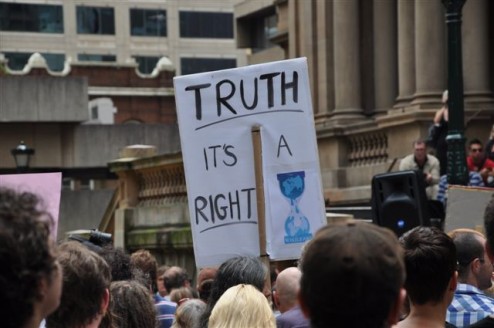 Today the Westminster Magistrates’ Court will decide the fate of Julian Assange, well at least whether or not he will get bail. And so while I haven’t even told you much about last Friday’s rally yet, I had better briefly inform any Sydney readers that there will be another rally at 530pm, again at Town Hall, today. [1]
Today the Westminster Magistrates’ Court will decide the fate of Julian Assange, well at least whether or not he will get bail. And so while I haven’t even told you much about last Friday’s rally yet, I had better briefly inform any Sydney readers that there will be another rally at 530pm, again at Town Hall, today. [1]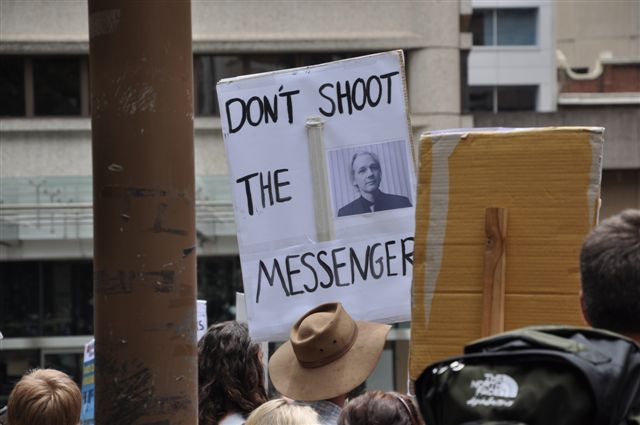
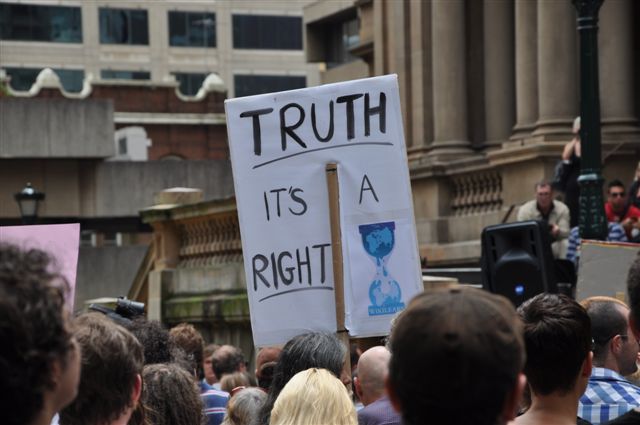
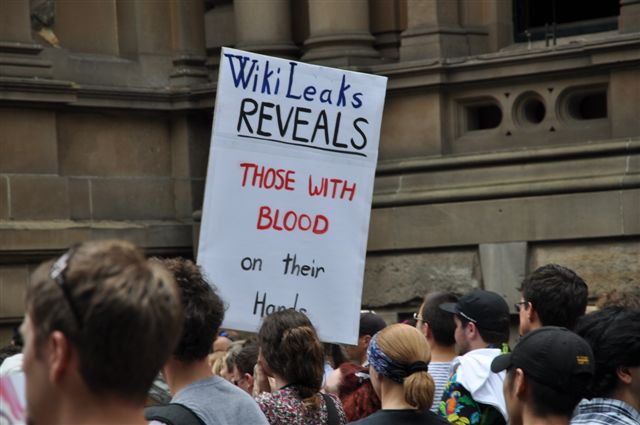
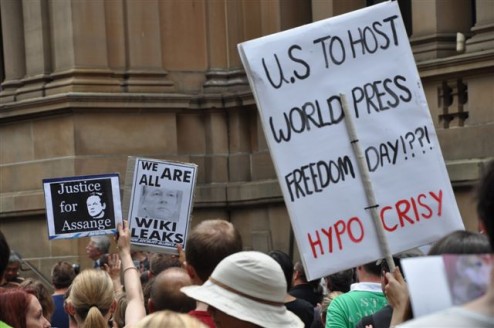 There are two sides to every story. We all know this, even if we choose to only see our side. Seeing the side of others takes empathy, a virtue that (unlike patience and many other virtues) I think I’m not half-bad at. Lucky so, given the nature of my recent social life.
There are two sides to every story. We all know this, even if we choose to only see our side. Seeing the side of others takes empathy, a virtue that (unlike patience and many other virtues) I think I’m not half-bad at. Lucky so, given the nature of my recent social life.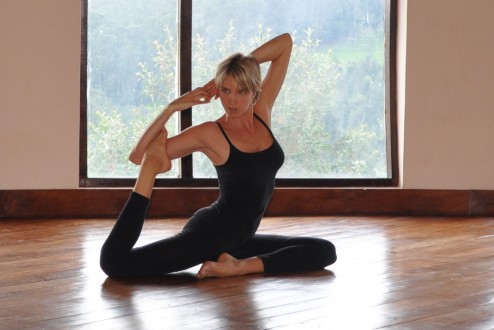 Tonight I had a decision to make: dinner with mum, PeaceBeliever Tribute to John Lennon at Oxford Arts Factory, bed (I was up late blogging last night), try to keep awake and study, or go to a yoga class. My body craved the hot room, long stretches, mental relaxation of yoga – but it would be at the cost of all the other options, and the bother of driving and parking. All of this I could be avoided if I just sit on my ass and don’t go. But I did. And I was reminded (once again) that yoga is always a good decision.
Tonight I had a decision to make: dinner with mum, PeaceBeliever Tribute to John Lennon at Oxford Arts Factory, bed (I was up late blogging last night), try to keep awake and study, or go to a yoga class. My body craved the hot room, long stretches, mental relaxation of yoga – but it would be at the cost of all the other options, and the bother of driving and parking. All of this I could be avoided if I just sit on my ass and don’t go. But I did. And I was reminded (once again) that yoga is always a good decision. Why do you get up in the morning? Does an answer come into your mind straight away? It does for the people in Okinawa, and it thought to be one of the key factors in their longevity – estimated to lengthen the lives of the people by 7 years! Ikigai is kind of like the French raison d’etre – ‘a reason for being’. It could be a creative passion, your relationships, your job… Everyone has a ikigai, even if you don’t know it yet.
Why do you get up in the morning? Does an answer come into your mind straight away? It does for the people in Okinawa, and it thought to be one of the key factors in their longevity – estimated to lengthen the lives of the people by 7 years! Ikigai is kind of like the French raison d’etre – ‘a reason for being’. It could be a creative passion, your relationships, your job… Everyone has a ikigai, even if you don’t know it yet.






